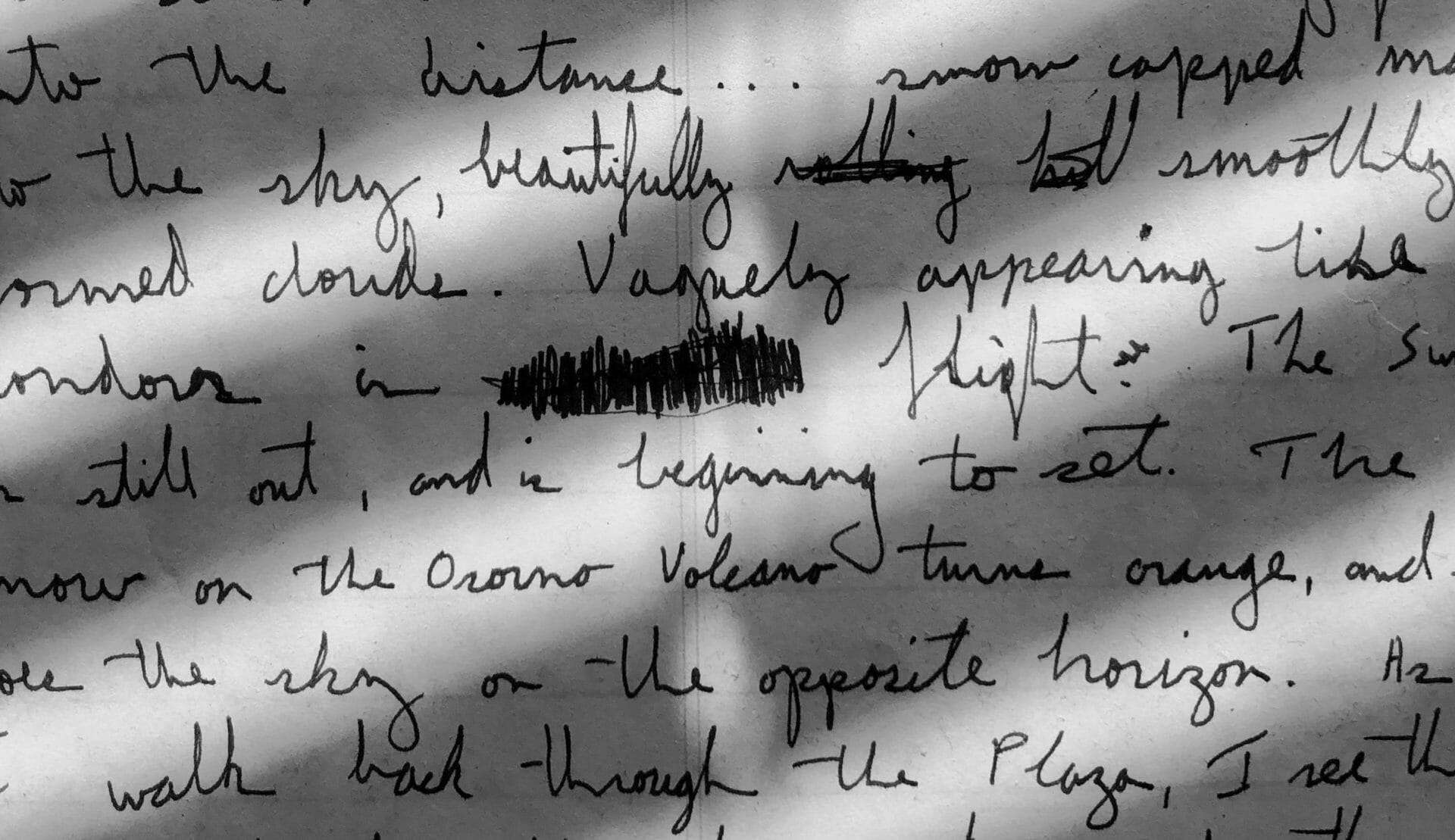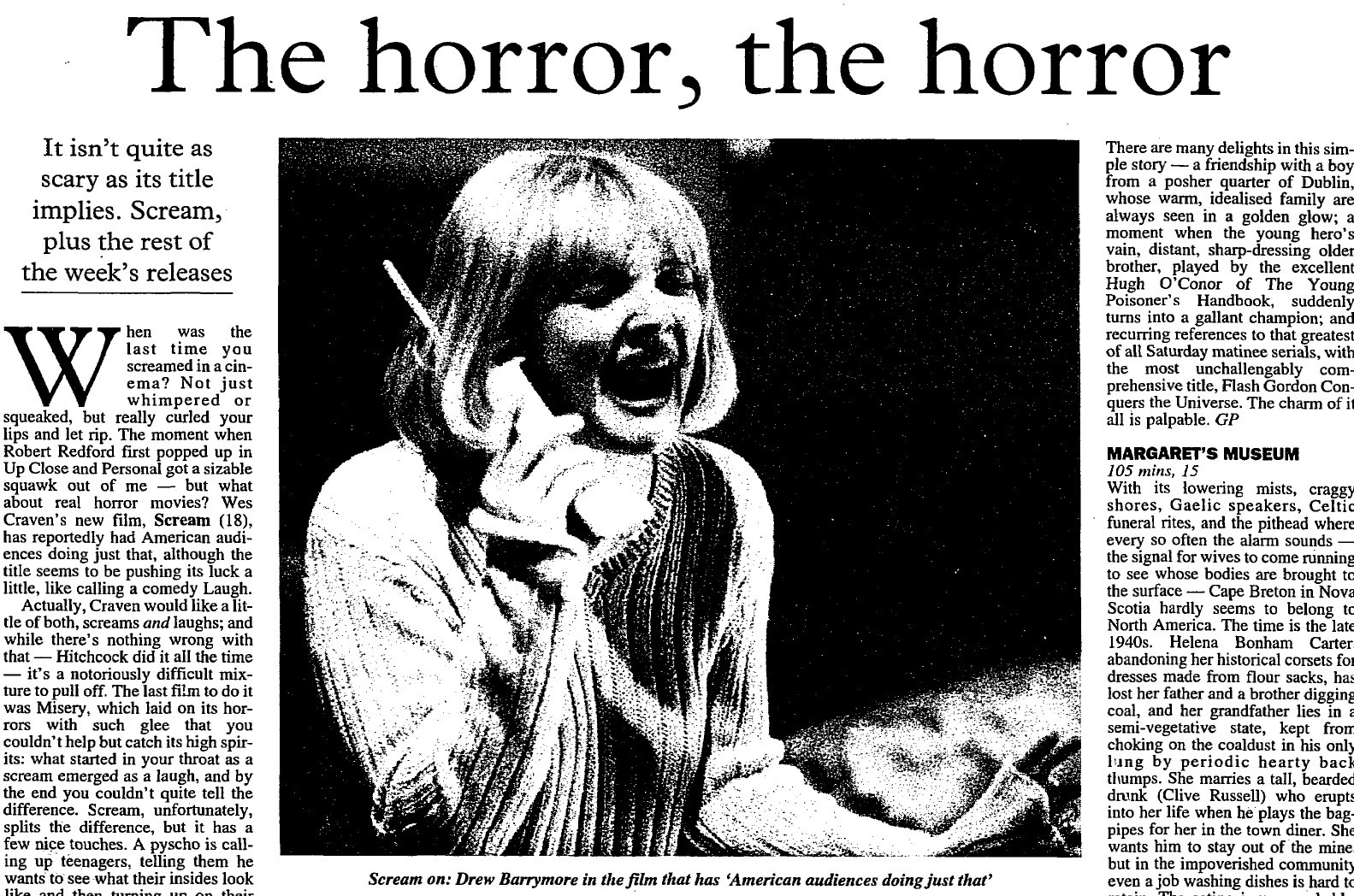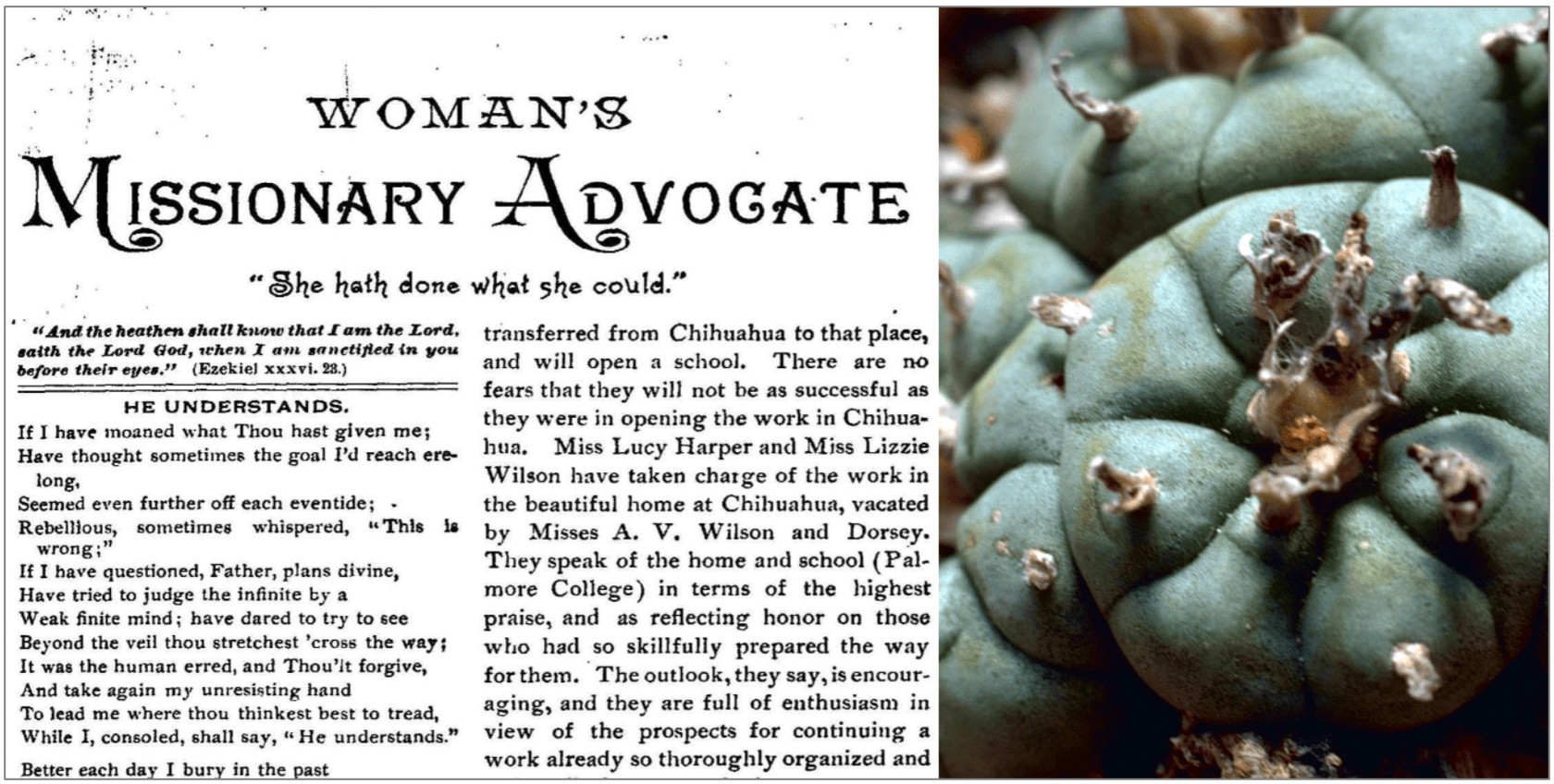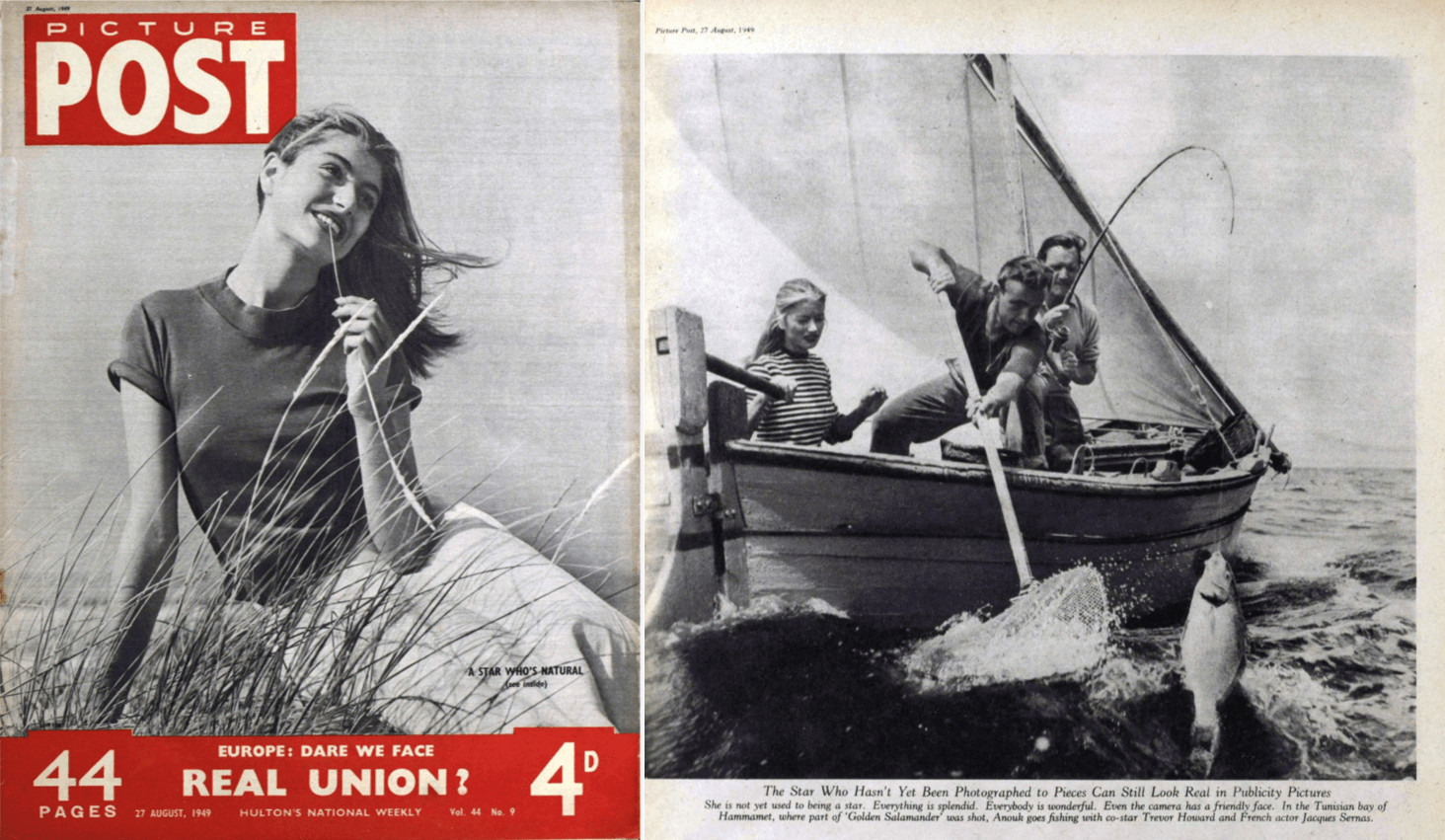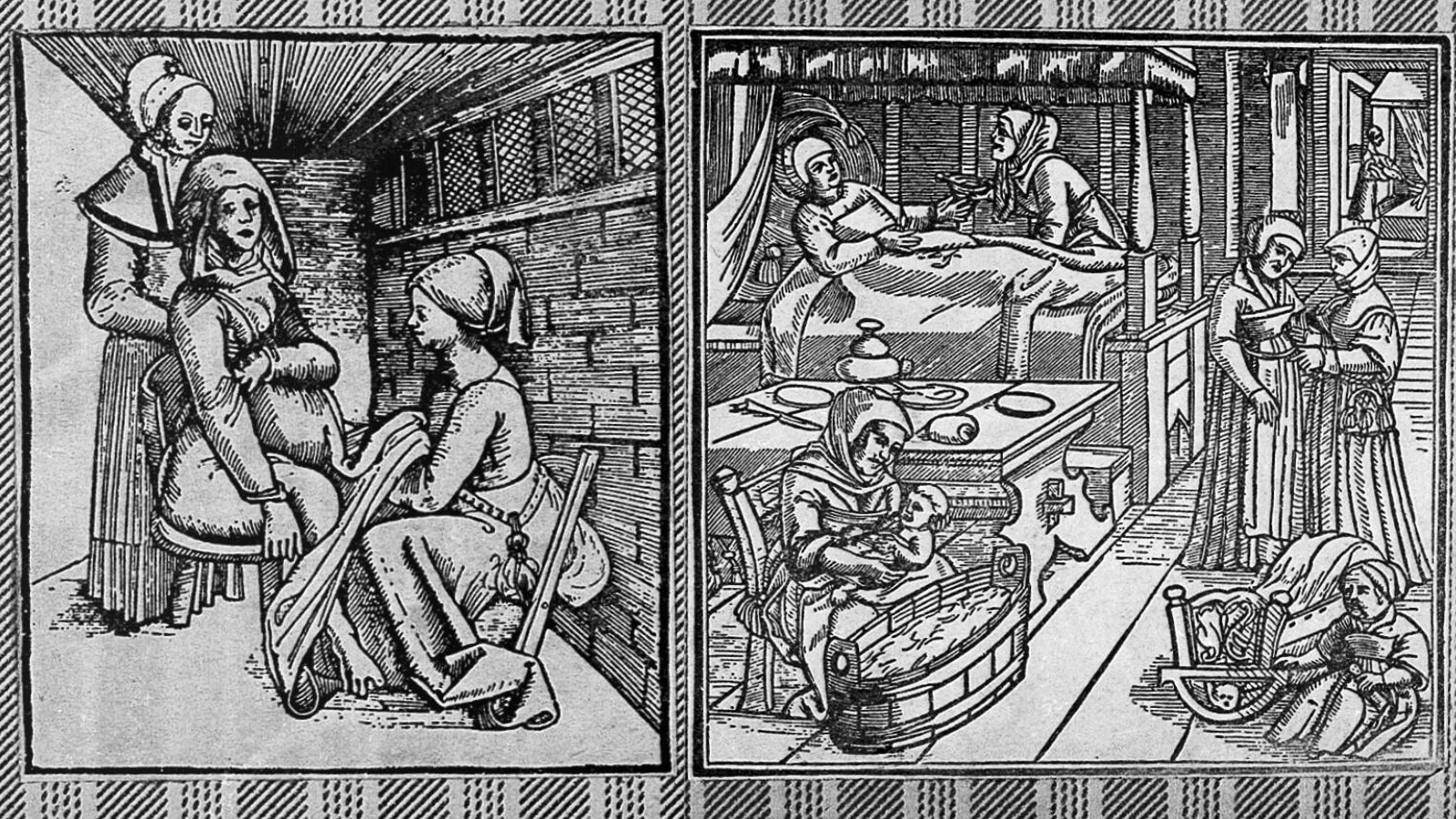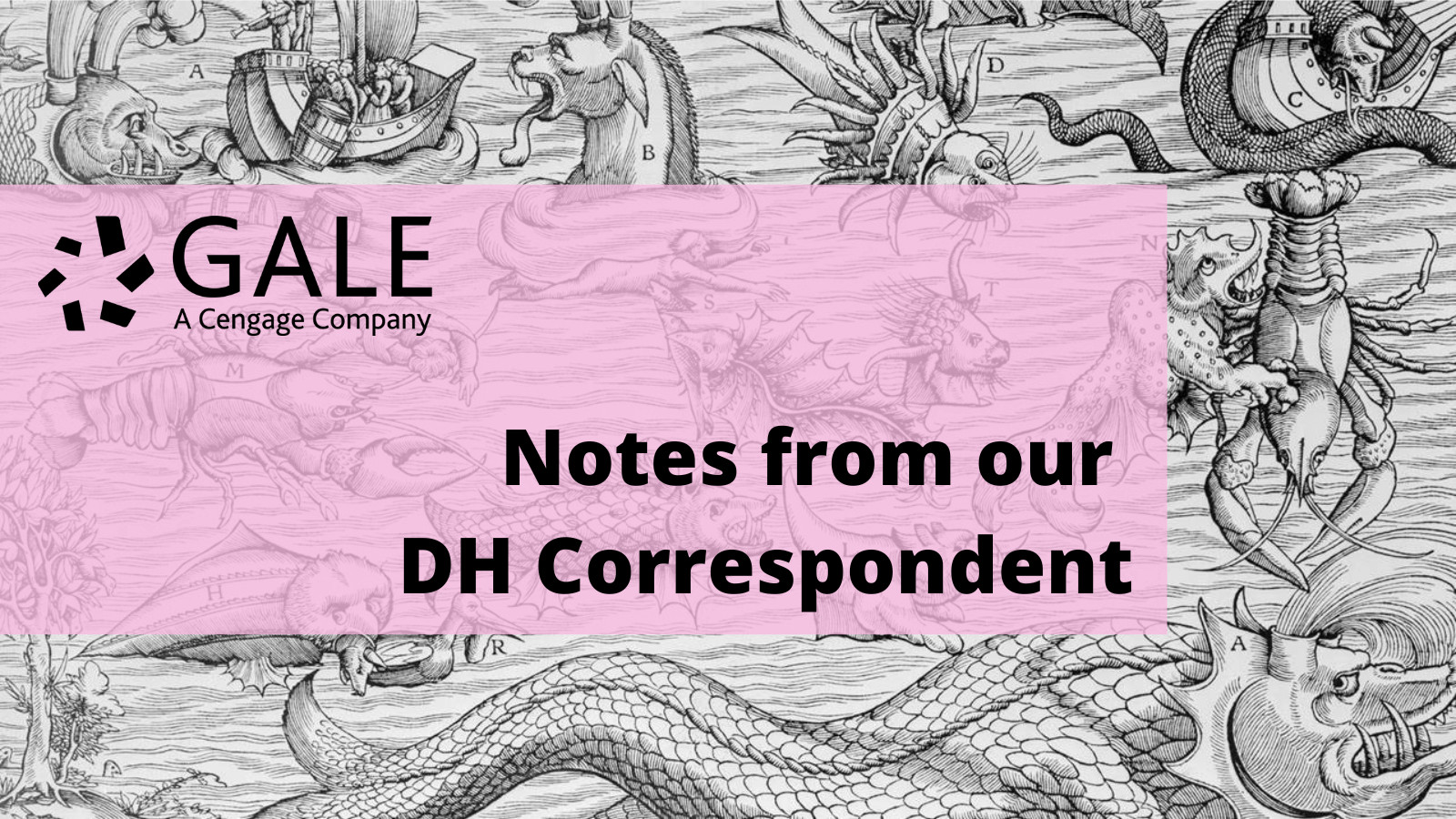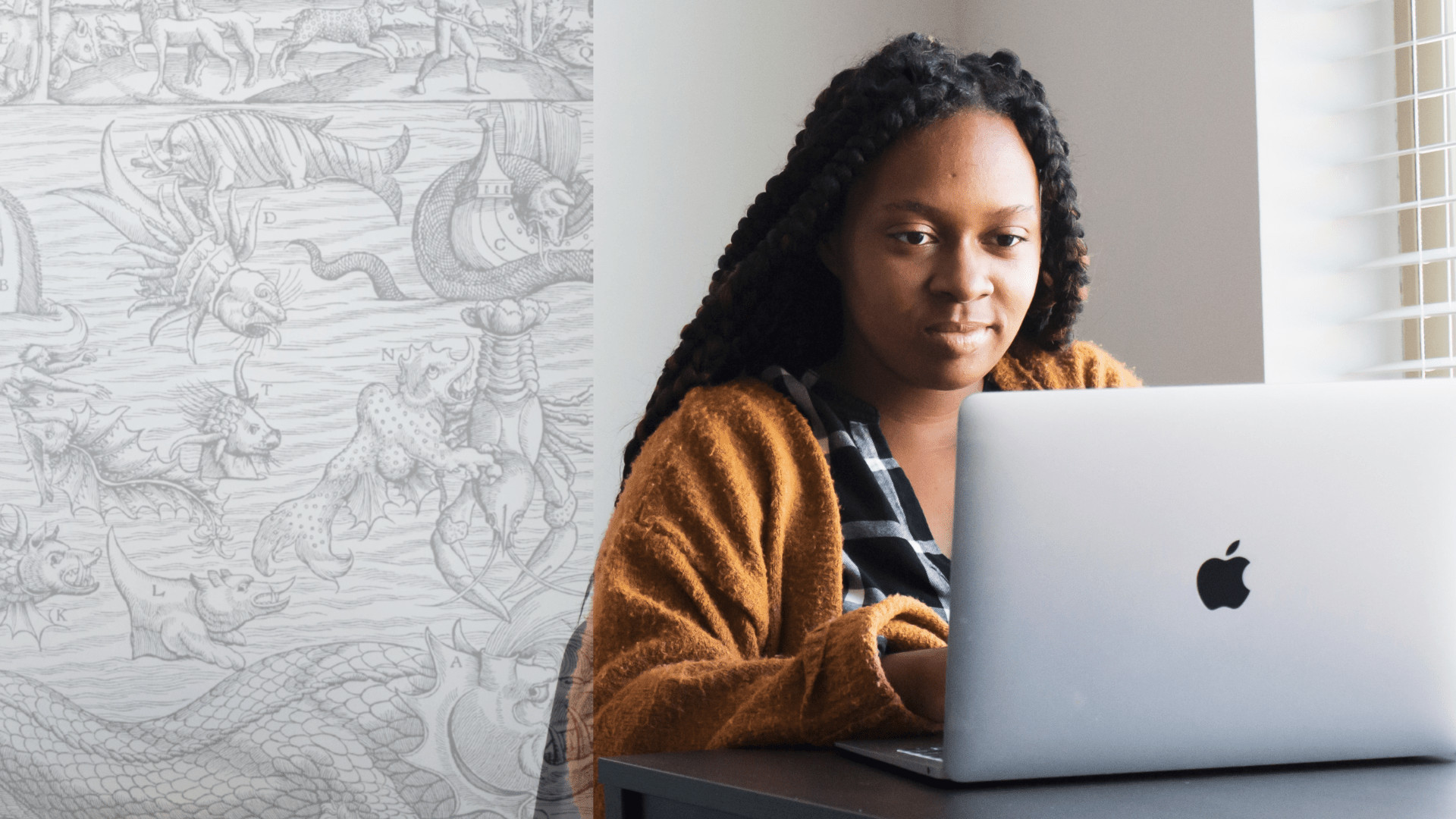│By Holly Kybett Smith, Gale Ambassador at the University of Portsmouth│
If you’re currently studying Creative Writing at an undergraduate or Master’s level, you may find yourself wondering what resources are available – and relevant – to you. Every university library has its selection of critical texts on writing, and the internet puts dozens of author interviews and advice columns at your fingertips, so you may pass over primary source archives at first glance. My initial impression of these resources was that they were the domain of more ‘serious’ academics in the humanities; that I somehow wasn’t supposed to use them, even though I found them interesting. It was worth, however, revising my opinion and taking another, better look. In this article, I aim to share the ways in which a Creative Writing student might use Gale Primary Sources to their benefit. I am focusing on the Horror genre, as this is my area of interest, though much of this advice is applicable to students writing in other genres.

